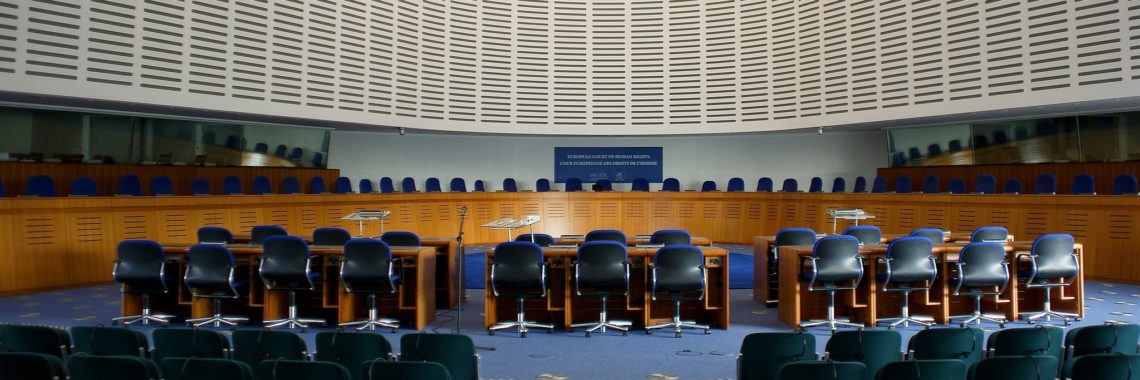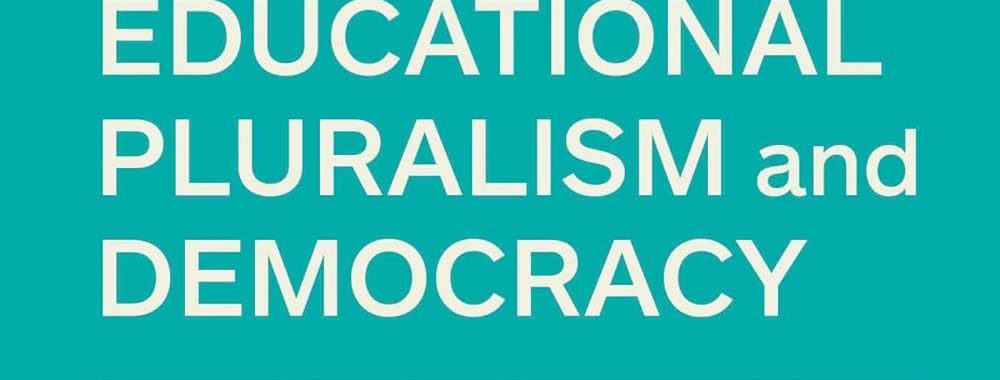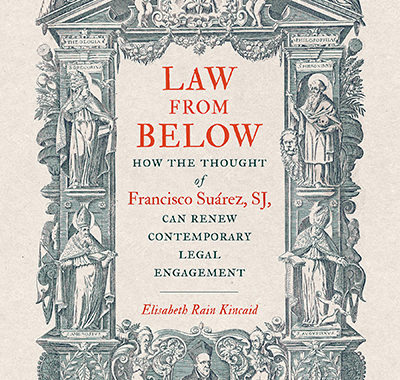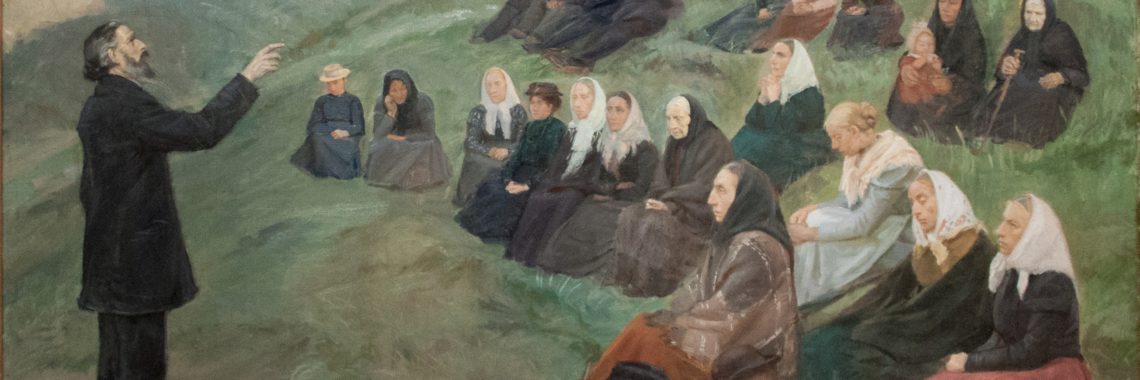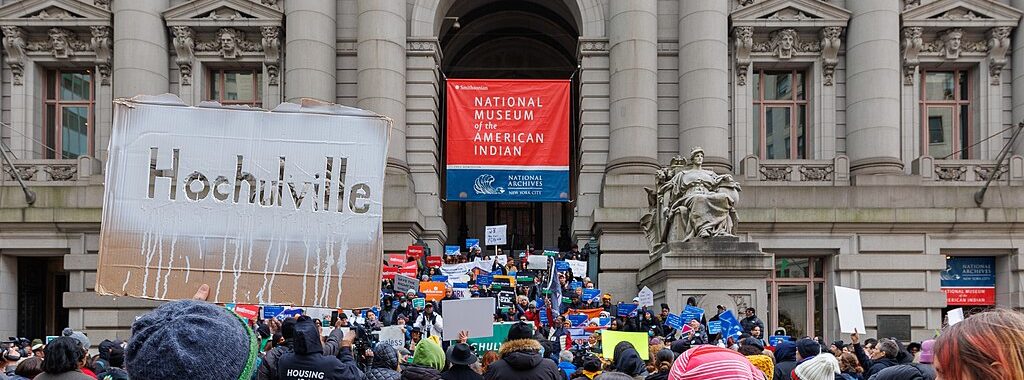Reflecting on State Cooperation with Religion in Europe by Silvia Meseguer Velasco
Image of European Court of Human Rights in Strasbourg, France on Wikimedia by CherryX (CC BY-SA 3.0). The following essay reflects on the monograph, Cooperación del Estado con la religión en Europa, written in Spanish by Silva Meseguer Velasco. The work is part of the Roots of Law collection of the Aranzadi publishing house, directed…


